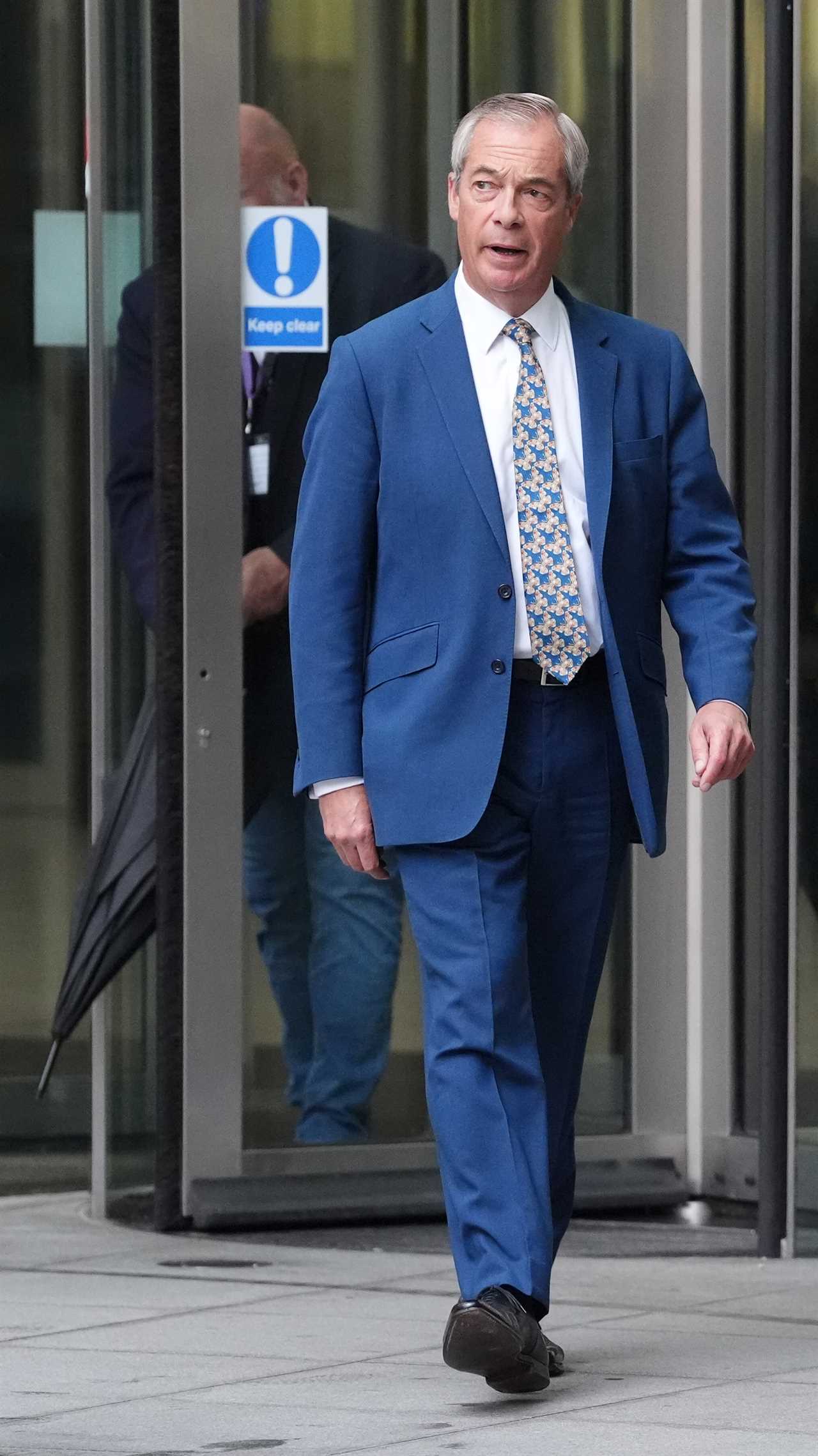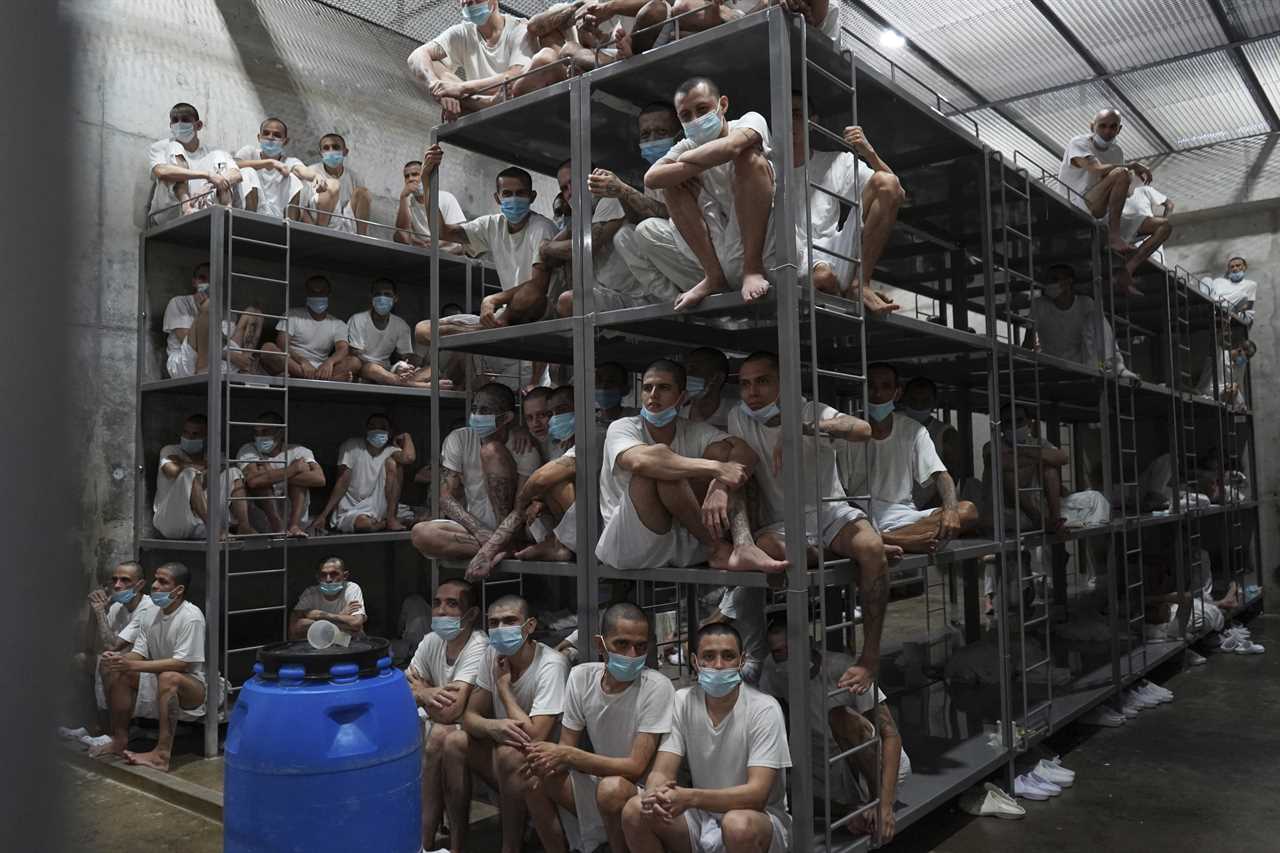
In a controversial move, Nigel Farage unveils plans to export serious offenders like child-killer Ian Huntley to prisons in El Salvador under a potential Reform UK government. This proposal to incarcerate Britain's most heinous criminals overseas reflects a growing trend towards outsourcing justice and raises profound questions about ethics, human rights, and the global penal system.
The Ethical Quandary
Farage's strategy to send criminals abroad prompts a critical examination of the UK's approach to justice. By shifting incarceration to foreign countries, what values are prioritised - punishment, cost-effectiveness, or rehabilitation? Will outsourcing justice improve outcomes for society, or merely export problems elsewhere? These questions challenge us to consider the moral implications of such a policy shift.
The Global Dimension
Analysing Farage's proposal within a global context reveals broader implications. The use of overseas prisons echoes similar initiatives in Scandinavia, raising concerns about the impact on local and international communities. As countries explore cross-border penal arrangements, we confront the intricate web of legal, cultural, and human rights considerations intertwined with such decisions.
Justice, Human Rights, and Cost
As Farage advocates for sending criminals abroad, complex issues emerge surrounding human rights, access to justice, and the true cost of punitive measures. How do these plans align with international norms and agreements on incarceration? What safeguards exist to ensure the rights and well-being of those transferred to foreign jurisdictions? The intersection of justice, human rights, and financial considerations demands careful scrutiny.

The Role of Political Rhetoric
Farage's proposal highlights the power of political rhetoric in shaping public discourse on crime and punishment. By framing the issue in stark terms of sending criminals to "hellhole jails," what narratives are being constructed around justice and accountability? Exploring the impact of such language on public perceptions is crucial in understanding the implications of these policy proposals.
In a nuanced landscape of justice and social policy, Farage's vision to export criminals forces us to confront fundamental questions about the values we uphold as a society. As the debate unfolds, the ethical, global, and societal dimensions of this proposal will continue to provoke reflection and debate, urging us to navigate the complexities of crime, punishment, and justice in an interconnected world.
Did you miss our previous article...
https://trendinginthenews.com/uk-politics/the-bbc-faces-critical-juncture-amidst-scandals-and-public-trust-challenges






